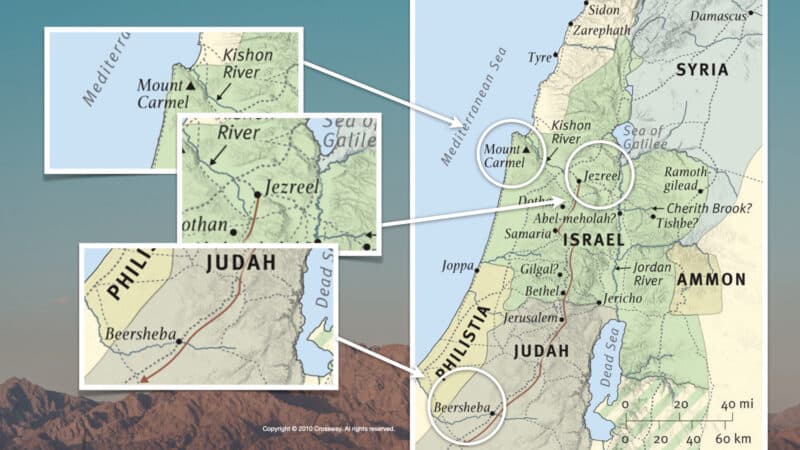February 25, 2024
1 Kings 19
Running on Empty
1 Kings 19 follows the prophet Elijah after a decisive victory over the prophets of Baal on Mt. Carmel. Fresh off this climactic spiritual battle, he is confronted with a dire threat to his life. Elijah had likely expected a great revival to sweep the Northern Kingdom of Israel, a turning back to God. Instead, Queen Jezebel had only intensified her opposition to God and the life and ministry of Elijah.
Join Pastor Tommy as we consider together the kindness of God as he cares for Elijah in a season of despair. This account of God’s mercy offers encouragement and practical wisdom for all those who have found themselves in the fog of sorrow, depression, melancholy, or have lost their spiritual bearings. There is much for us to learn from the tender way God continues to provide for Elijah in his moment of need.


